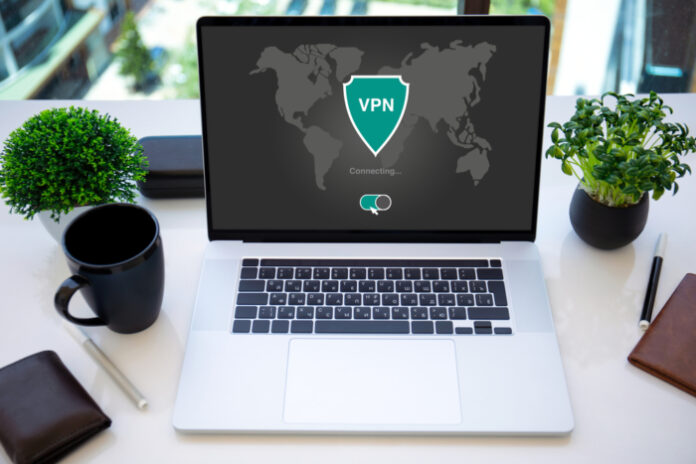In an era where digital data is as valuable as currency, businesses are increasingly vulnerable to cyber threats. The necessity to fortify your IT infrastructure is not just an option, but a critical imperative. From implementing robust security measures to educating employees, enhancing your business IT security is a multifaceted approach. This article will explore how you can bolster your defenses against cyber threats, with a particular focus on the utilization of Virtual Private Networks (VPNs).
Understanding the Landscape of Cyber Threats
Before diving into the solutions, it’s crucial to understand the landscape of cyber threats. Cyber-attacks are not just limited to large corporations; small and medium-sized businesses are equally at risk. In fact, statistics indicate that 43% of cyber-attacks target small businesses, and 60% of these businesses close within six months of an attack. This grim reality underscores the importance of robust IT security.
The Role of VPN in Securing Business Data
One of the most effective ways to protect your business’s online activities is through the use of a VPN. A VPN, or Virtual Private Network, creates a secure, encrypted connection between your device and the internet. This means that all data transmitted is shielded from prying eyes, making it incredibly difficult for hackers to intercept and decipher.
For businesses that require employees to work remotely or on the go, a free Mac VPN can be a game-changer. It ensures that sensitive company data remains secure, even when accessed from unsecured public Wi-Fi networks. Additionally, a VPN can mask your IP address, providing an extra layer of anonymity and protection against potential cyber threats.
Implementing a Comprehensive Security Strategy
While VPNs are an essential component, a comprehensive security strategy is multifaceted. To enhance your business’s IT security, consider implementing a robust data storage solution like raid 10 combining the benefits of mirroring and striping for improved performance and redundancy.
Here are additional steps you can take to boost your business IT security:
Employee Education and Training
Your employees are often the first line of defense against cyber threats. Regular training on recognizing phishing attempts, securing personal devices, and understanding the importance of strong passwords can significantly reduce the risk of a security breach.
Regular Software Updates
Keeping software up-to-date is crucial in protecting against vulnerabilities. Cybercriminals often exploit known weaknesses in outdated software. Ensuring that all systems and applications are regularly updated can prevent many attacks.
Advanced Threat Protection Tools
Investing in advanced threat protection can provide another layer of security. Consider exploring comprehensive security solutions that combine machine learning and human intelligence to detect and prevent attacks. These tools can be found on platforms dedicated to enhancing server security, such as which provide an all-in-one approach to safeguarding your digital assets.
Backup and Recovery Plan
In the event of a data breach or loss, having a robust backup and recovery plan can save your business from significant downtime and loss of data. Regularly back up all critical data and test your recovery plan to ensure it works.
Regular Security Audits
Conducting regular security audits can help identify potential vulnerabilities in your network. These audits can be done in-house or by hiring external cybersecurity professionals.
The Future of Business IT Security
As technology evolves, so do the methods used by cybercriminals. Staying informed about the latest trends and threats is vital. Incorporating artificial intelligence and machine learning into your security strategy can help predict and prevent future attacks.
Conclusion
Boosting your business IT security is an ongoing process that requires diligence and adaptation. By understanding the threats, employing tools like a free VPN, educating employees, and staying up-to-date with the latest security measures, you can significantly reduce your risk of a cyber attack. Remember, in the digital world, your data is your most valuable asset, and protecting it should be a top priority.
Find a Home-Based Business to Start-Up >>> Hundreds of Business Listings.















































